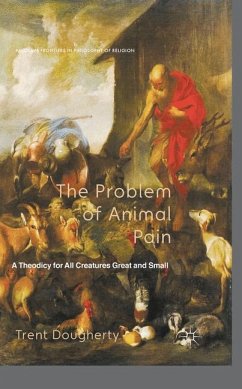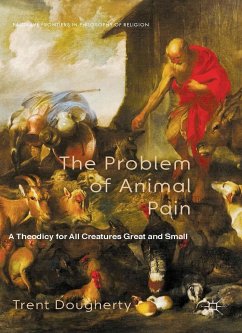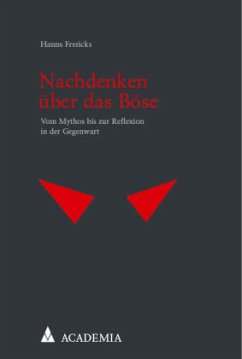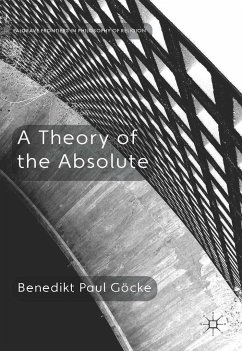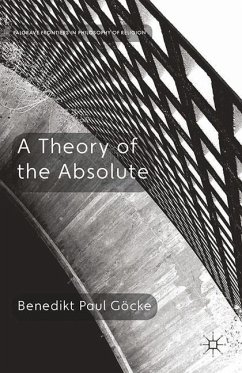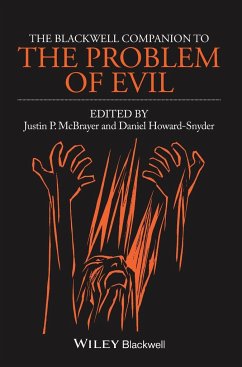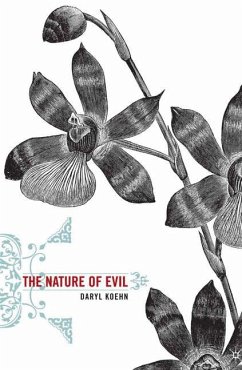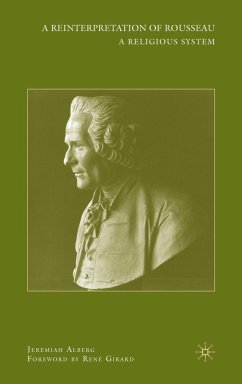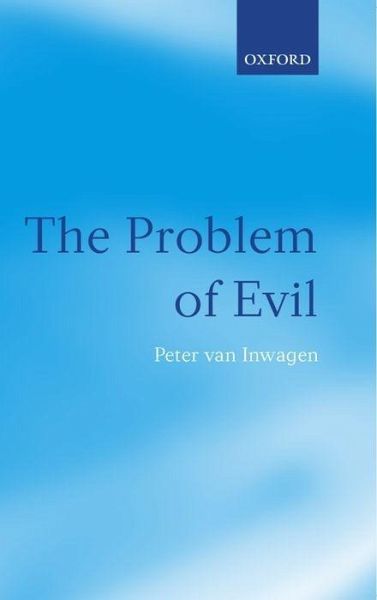
The Problem of Evil
The Gifford Lectures Delivered in the University of St. Andrews in 2003
Versandkostenfrei!
Versandfertig in über 4 Wochen
107,99 €
inkl. MwSt.
Weitere Ausgaben:

PAYBACK Punkte
54 °P sammeln!
Along the way he discusses a wide range of topics of interest to philosophers and theologians, such as: the concept of God; what might be meant by describing a philosophical argument as a failure; the distinction between versions of the argument from evil that depend on the vast amount of evil in the world and versions of the argument that depend on a particular evil, such as the Lisbon earthquake or the death of a fawn in a forest fire; the free-will defense; animal suffering; and the problem of the hiddenness of God.
The vast amount of suffering in the world is often held as a particularly powerful reason to deny that God exists. Now, one of the world's most distinguished philosophers of religion presents his own position on the problem of evil. Highly accessible and sensitively argued, Peter van Inwagen's book argues that such reasoning does not hold: his conclusion is not that God exists, but that suffering cannot be shown to prove that He does not.



